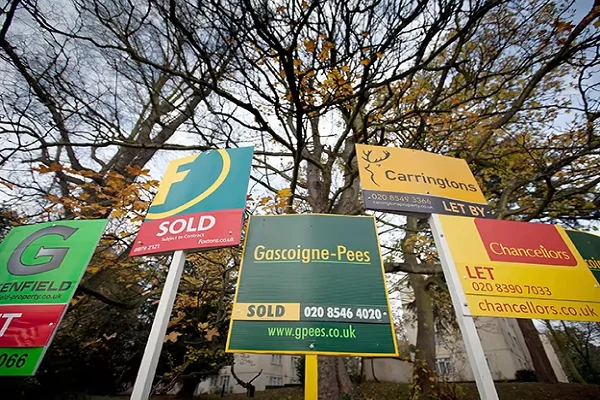Inflation on Property Prices remains at 11.2% but Signs Show an Expected Slow Down in the Property Market

Inflation on property prices remains at 11.2%, but signs show an expected slowdown in the property market.
According to a report by Nationwide, property price inflation is currently stuck in double digits, but it is predicted that we will soon see a slowdown in the market.
The average home price has dropped from a growth of 12.1% in April to 11.2% in May. The current average property price sits at £269,914, equating to an increase of £27,082 from the same time last year.
Nationwide remarked that the property market was faring better than predicted despite the spiralling cost of living and recent mortgage rate increases, but that we should expect to see the rise in home prices slow down in the coming months.
Robert Gardner, Nationwide’s chief economist, said: ‘Despite growing headwinds from the squeeze on household budgets due to high inflation and a steady increase in borrowing costs, the housing market has retained a surprising amount of momentum.
‘Demand is being supported by strong labour market conditions, where the unemployment rate has fallen towards 50-year lows and the number of job vacancies is at a record high.
‘At the same time, the stock of homes on the market has remained low, keeping upward pressure on house prices.
‘We continue to expect the housing market to slow as the year progresses. Household finances are likely to remain under pressure, with inflation set to reach double digits in the coming quarters if global energy prices remain high.
‘Measures of consumer confidence have already fallen towards record lows. Moreover, the Bank of England is widely expected to raise interest rates further, which will also exert a cooling impact on the market if this feeds through to mortgage rates.’
Since the beginning of the pandemic, house prices have seen such a rapid increase that, when compared with the average income, the cost of buying property has never been higher. This impacts affordability and has resulted in many potential buyers being totally priced out of the market.
The ratio of earnings to house prices has increased from a long-term average of 4.5 to an alarming 7 times.
Previously, buyers have been able to take advantage of low-interest rates to buy more expensive homes; however, with the recent interest rates being increased four times in succession by the Bank of England, from 0.1% to 1%, affordability has taken a serious hit.
Over just a year, fixed interest rate deals as low as 1% have risen to just under 2.5% for a similar mortgage. This impacts negatively on the amount buyers are able to borrow, particularly at this time when the cost of living expenses and the energy crisis are already affecting how much people can spend.
Jamie Lennox, director at Norwich-based mortgage broker Dimora Mortgages, said: ‘The tide could be turning as a number of clients who have been house hunting for the past six months are now finally getting offers accepted where, before, they were consistently being outbid by other buyers.
‘A lot of buyers are currently committed to the idea of moving, but once they finally complete, we believe the housing market could start to dramatically change with a lack of new people considering moving.’
